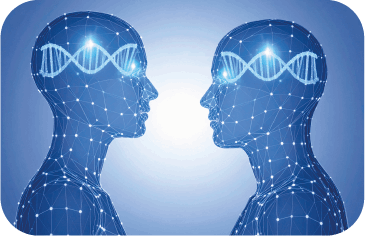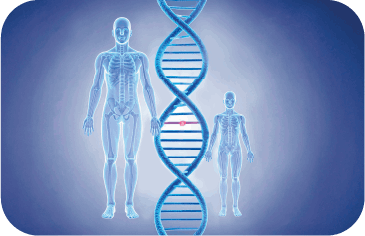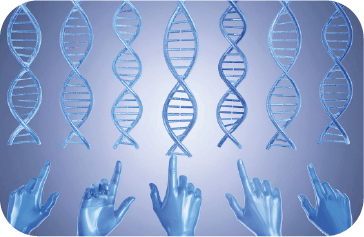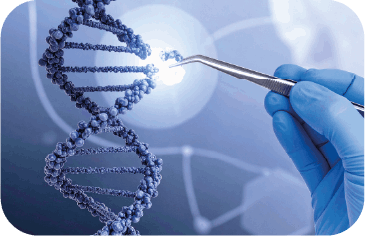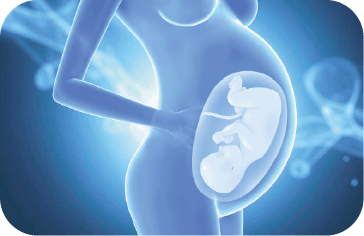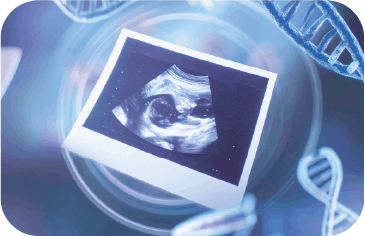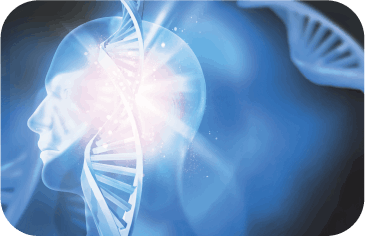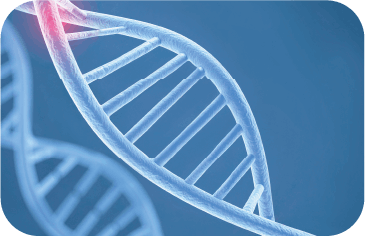
What is Genetic Diagnosis?
Genetic Diagnosis allows to learn the genetic basis of an inherited disease, and the information that may be obtained is fundamental to the decision making:
1) Treatment: The genetic study can determine the most effective treatment for a pathology.
2) Evolution and prognosis: An inherited pathology can develop differently depending on the mutation that has caused it. The genetic diagnosis enables to anticipate its manifestation and to prevent it properly.
3) Avoid the transmission: A genetic alteration can be transmitted recessively, dominantly, depending on the sex, etc. By knowing it we can estimate the possibilities of transmitting it to the offspring, of being expressed and of avoiding its transmission to the offspring.
4) Familiar study: The implications of a genetic test are also important for the affected family members, so the interest of extending it to other family members should be assessed.
